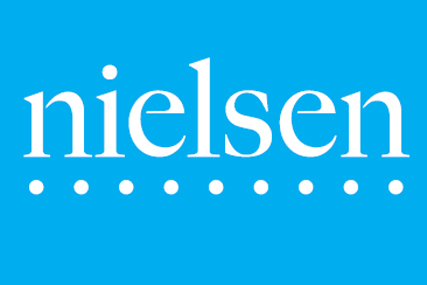Three months before publication, agencies on Nielsen Media Research’s database were e-mailed and asked to update their billings and give details of account moves (note that updating billings/account move data does not in itself guarantee inclusion).
Reference to last year's rankings is based on what is known now, so can differ from printed results last year. This is either as a result of agencies that were late in updating their data last year, or because of other changes during the year, such as mergers or agencies that have ceased trading.
The media measured in all tables in the report are television, display press, radio, cinema and outdoor (outdoor does not include airports, ambient, international sites or point of sale). Direct marketing and internet spend are not included, hence the low billings for most of the direct marketing agencies featured.
Agency client assignments are compiled by Nielsen Media Research from data supplied by agencies and media owners on a regular basis, alongside information published in the marketing press. The figures are estimated costs of buying media space based on a number of factors, including ratecard, discounts and viewing figures. Data does not include actual billings or agency revenues. Press expenditures include an Advertising Association discount factor, which varies according to the sector and quarter.
Not surprisingly, agencies lobby hard to influence the way data is presented; the Top 100 tables, school reports and scores can affect everything from share prices and client perceptions to staff motivation. But the objective representation of the dynamic agency market is crucial, so the tables are checked rigorously and analysed to ensure the data presented is a fair reflection of the information we are given.
Nielsen Media Research lists agencies according to their trading names. In order for agency brands to be reported as a single listing within the table, the agencies need to have provided Nielsen Media Research with unequivocal proof that they are recognised as one legal entity, which is then checked at Companies House.
The Top 100 has been affected by the Sarbanes-Oxley Act in the US, which prohibits the public release of unaudited financial information. Sarbanes-Oxley has led agencies owned by public holding companies listed in the US, such as Omnicom, Interpublic and WPP, to withhold financial data, hence the absence of declared billings and some income data in the tables.
北京赛车pk10 would like to thank Nielsen Media Research for its help in compiling these tables. To ensure receipt of a copy of the next survey, e-mail: mediacommunicationuk@nielsen.com.


